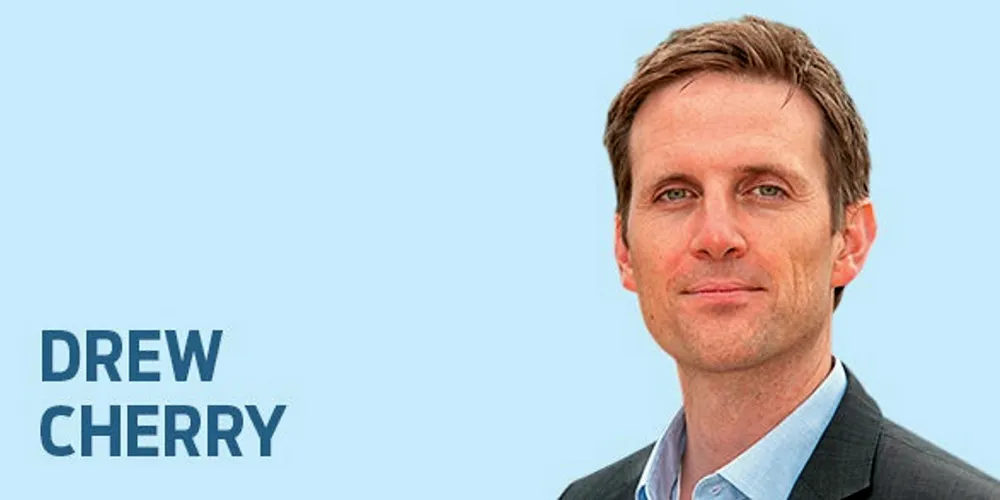Why I'm removing my wedding ring
It's a small gesture, but a reminder of a huge responsibility we all share as journalists, industry, NGOs and politicians.

It's a small gesture, but a reminder of a huge responsibility we all share as journalists, industry, NGOs and politicians.
